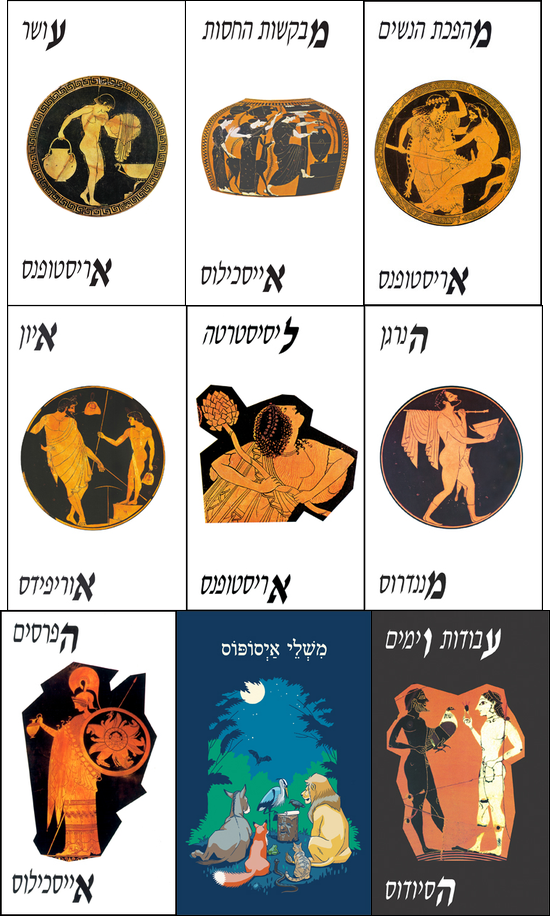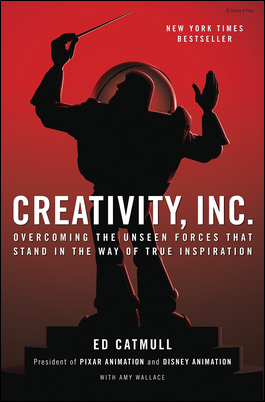
| Read Log, November-December 2020 | ||||
| By Tal Cohen | Wednesday, 30 December 2020 | |||
I enjoyed Northanger Abbey the most. It’s a brilliant burlesque of Gothic horror novels; the cynicism in the first chapters is so much fun - mocking all the tropes of her era. Chapter 5 of volume 1, in particular, mocks the way novel writers downplay the importance of novels. “Let us not desert one another; we are an injured body.” But by the closing chapters, it looks like Austen didn’t really have any energy left to properly wrap things up. (Also, sharp early criticism of historic research: “I read [history] a little as a duty, but it tells me nothing that does not either vex or weary me. The quarrels of popes and kings, with wars or pestilences, in every page; the men all so good for nothing, and hardly any women at all — it is very tiresome: and yet I often think it odd that it should be so dull, for a great deal of it must be invention.” The feeling of the author running out of energy by the ending of the book, and wrapping up things too quickly, is evident again in Mansfield Park. The plot just stops at the key point in the family crisis, and... we get a final chapter that’s a newspaper report (or a history book survey) of every character’s fate. Combine this with the didactic tone and the unevolving characters (nobody really changes throughout the book), and the result is simply a badly-done book. And Aharon Amir’s translation is a perfect match: badly done. I had to look up multiple terms and phrases in the original English to understand what he was trying to say, not to mention several outright mistakes, such as missing out an occasional negation, or changes in verb gender inflection that change the entire meaning of a sentence. If you’re looking for character development, Emma is probably Austen’s best book. Her cynicism is enjoyable (but not as good as in Northanger Abbey), but the plot “twists” are mostly visible a mile ahead, with the clues laid so thickly as to be nauseating (e.g., Frank Churchill’s travel to London for “a haircut” should not have been mentioned in more than a passing). The only question that did remain open until the very end is Harriet Smith’s fate, and the solution is truly sad. Austen simply adopts and accepts the caste system, where Emma couldn’t steep so low as to have a friend of this lower caste. The character of Mr Knightley is the only one which did surprise me, as it started off as the character of a sage, wise with age and understanding of people, and ended as being petty, judging Frank Churchill’s personality in direct (opposite) relation to the chances he may have had with Emma, for example; not to mention the fact that the gallant Mr Knightley was eyeing her as a prospective wife for eight years (remarkable patience) - ever since she was thirteen (a bit concerning, that).   As always, it’s astounding to see how advanced the ancient Greeks were. Discussions of women’s rights (including the notion of a sex strike), the basic ideas of communism, tropes of human nature (such as “asking for a friend” in Ion), and Aeschylus predating Tolstoy a bit by claiming, “men’s evil fortunes / come in many different shades, for nowhere / do you see their troubles winged with feathers / which are identical” (this is from Ian Johnston’s translation). They even had ars poetica, with Menander complaining, within his comedy, about the (specific) difficulties of writing comedies, as opposed to the easy life of tragedians. Still, at this specific point in time, the most relevant bit seems to be from Solon’s poems, included in Shabtai’s appendix to The Persians: “You granted such people shield and strength, / and have therefore turned into debased slaves. / Even though each of you can follow the fox, / as a community of citizens you are feeble minded; / for your eyes are raised to the orator’s twisted tongue / neither noticing nor grasping what really takes place,” and “From strong people comes destruction to the polis, and like dumbs / the masses succumb to the tyranny of one. / If you limitlessly elevate a man, it is later not easy / to put boundaries in place, but this should be foreseen.” 
| ||||